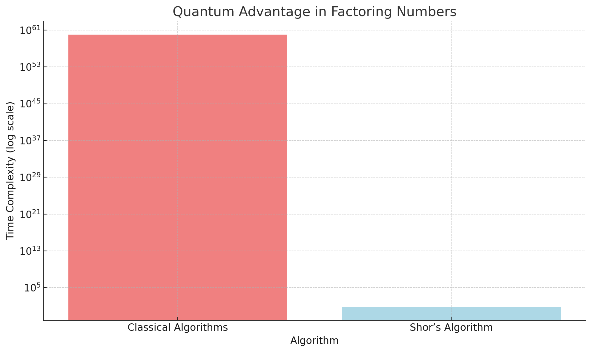QUANTUM COMPUTING AND CRYPTOGRAPHY: FUTURE-PROOFING INFORMATION SECURITY PROTOCOLS
Keywords:
Quantum Computing, Cryptography, Post-Quantum Cryptography (PQC), Quantum Key Distribution (QKD)Abstract
Quantum computing has emerged as a disruptive technology with the potential to revolutionize various fields, including information security. Traditional cryptographic protocols, including RSA, ECC, and AES, rely on the difficulty of certain mathematical problems for their security. However, the advent of quantum computing poses a significant threat to these encryption methods, as quantum algorithms such as Shor's and Grover's algorithms can efficiently solve problems that are computationally hard for classical systems. This paper explores the implications of quantum computing on existing cryptographic systems and proposes strategies for future-proofing information security protocols. We examine the vulnerabilities introduced by quantum computing, highlight the role of post-quantum cryptography (PQC), and explore quantum key distribution (QKD) as potential solutions for ensuring the confidentiality, integrity, and authenticity of digital communications. The paper discusses various quantum-resistant algorithms and offers insights into the ongoing efforts by international standardization bodies to prepare for a post-quantum world.

Downloads
Published
Issue
Section
License
All articles published in the Multidisciplinary Research in Computing Information Systems are licensed under an open-access model. Authors retain full copyright and grant the journal the right of first publication. The content can be freely accessed, distributed, and reused for non-commercial purposes, provided proper citation is given to the original work.




